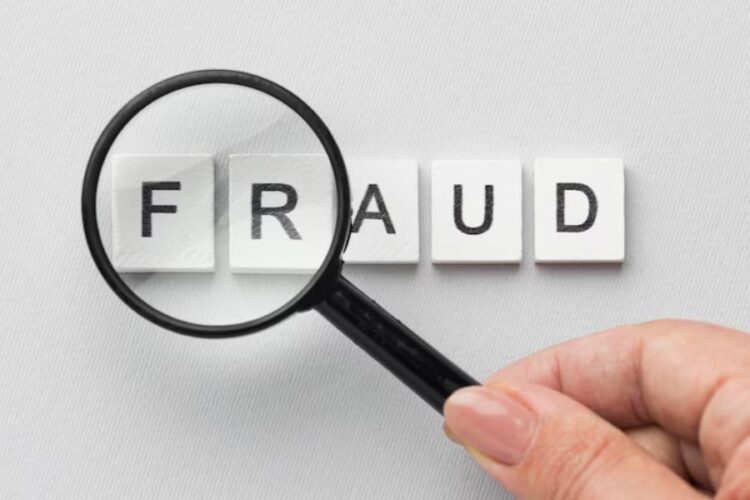Credit card fraud is one of the most commonly prosecuted financial crimes, often involving complex investigations and serious penalties. With the rise of electronic transactions, law enforcement agencies have refined their methods, leading to more targeted scrutiny of suspects. Allegations of fraud can tarnish reputations, disrupt careers, and cause lasting personal and financial damage. During such a challenging time, the role of a lawyer becomes central, serving not only as legal counsel but as a critical safeguard against missteps and rights violations. A well-prepared legal strategy may alter the course of a case, steering it away from criminal charges or minimizing the consequences. From the first knock at the door to the final ruling in court, legal representation plays a pivotal part in shaping outcomes.
Navigating the Litigation Process
The legal process surrounding credit card fraud is rigorous and often lengthy, beginning with an investigation and potentially ending with a trial. Early involvement by a defense lawyer can influence how the investigation unfolds, especially in determining whether charges will be filed. During this time, prosecutors gather documents, trace financial transactions, and conduct interviews. A lawyer’s ability to challenge evidence and procedural errors can affect both the direction and strength of the prosecution’s case. During this phase, the experience of a Dallas Credit Card Fraud Defense Attorney may help guide clients through grand jury proceedings, pre-trial motions, and discovery disclosures. This includes contesting illegally obtained evidence or questioning the reliability of witness testimony. A seasoned lawyer anticipates strategies used by prosecutors, offering clients insight on the risks and options associated with settlement offers or going to trial. From the outset, strong legal advocacy can shift the tone and pace of the proceedings.
Evaluating the Charges and Evidence
One of the first responsibilities of a lawyer is to break down the allegations and help the client understand the legal implications. Credit card fraud may include unauthorized use of cards, identity theft, account takeovers, or synthetic identity schemes. Each form carries different charges and penalties under state and federal laws.
Understanding the nature of the evidence is equally significant. Bank records, surveillance footage, electronic communications, and transaction histories are often presented to build a case. A lawyer reviews each document for inconsistencies or legal flaws, such as violations of search and seizure protections. Digital evidence can be particularly sensitive, requiring careful analysis to assess how it was obtained and whether it was altered, misinterpreted, or lacks a clear connection to the accused. A proper assessment of the prosecution’s materials shapes the defense strategy moving forward.
Protecting Constitutional Rights During Investigation
During credit card fraud investigations, law enforcement agencies sometimes push the boundaries of legal authority, particularly when working with financial institutions or accessing private communications. A lawyer ensures that constitutional protections are respected, especially regarding unlawful searches, seizures, or compelled confessions. Improper collection of evidence can render critical portions of the prosecution’s case inadmissible.
This protection extends to advising clients on when and how to speak with investigators. Many suspects unknowingly compromise their position by providing information too freely, often under the false impression that cooperation will lead to leniency. Legal counsel provides guidance on responding to subpoenas, search warrants, or interview requests. This reduces the risk of self-incrimination and limits the state’s ability to frame the narrative.
Negotiating with Prosecutors
In many credit card fraud cases, resolution occurs through negotiation rather than a jury trial. Plea bargaining allows the accused to accept responsibility for lesser charges or reduced sentences in exchange for a guilty plea. A skilled attorney negotiates terms that reflect the strength or weakness of the evidence and the client’s criminal history.
Engaging in these conversations requires not only legal acumen but strategic timing. Prosecutors may be more inclined to offer favorable deals early in the process or if flaws in their case become apparent. The ability to demonstrate mitigating factors, such as a lack of intent, coercion, or minimal financial impact, can influence the outcome significantly. A strong negotiation may reduce years of prison time or prevent a felony conviction altogether.
Representing Clients in Court
If the case proceeds to trial, courtroom representation becomes the most visible aspect of a lawyer’s role. From jury selection to closing arguments, every stage requires careful planning and persuasive delivery. Lawyers question the admissibility of evidence, cross-examine witnesses, and highlight inconsistencies in the prosecution’s timeline or theories. Establishing doubt in the minds of jurors can result in acquittal or a hung jury.
Trial strategy involves more than presenting facts—it involves shaping a narrative. An experienced lawyer knows how to humanize the client, refute stereotypes, and focus on errors or overreach by law enforcement. This can be particularly meaningful in fraud cases, where the jury must understand technical details and motivations. Clear, calm, and consistent representation often makes the difference between conviction and release.
Allegations of credit card fraud can trigger a chain reaction of legal, financial, and personal consequences. For those accused, this guidance can mean the difference between a conviction and a second chance.










